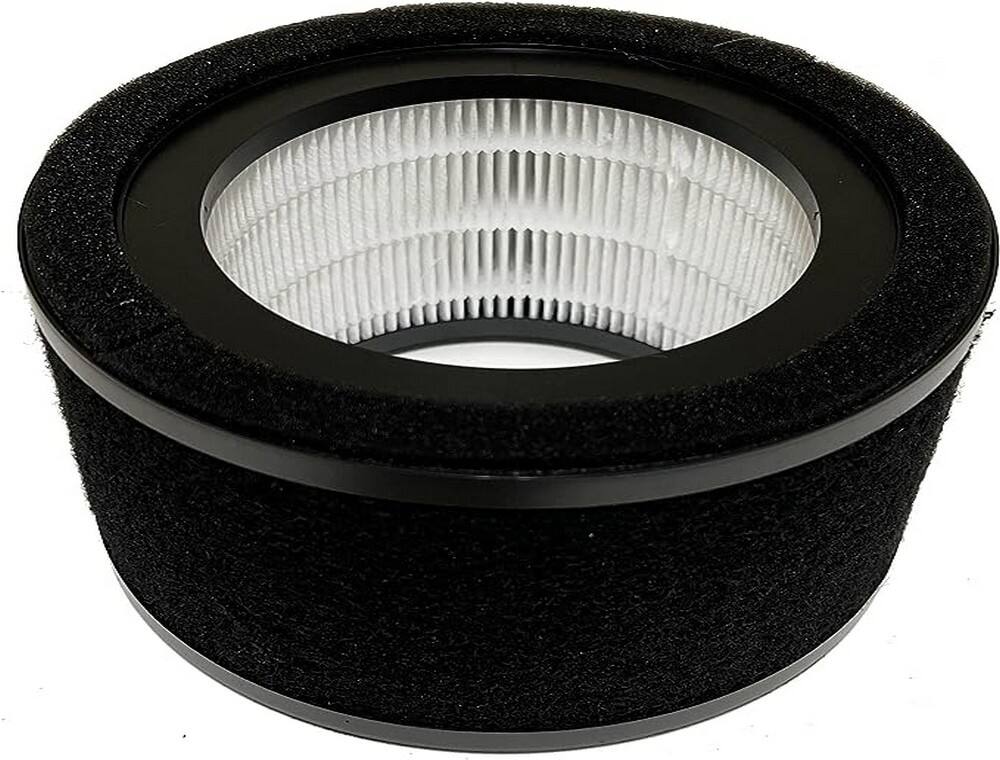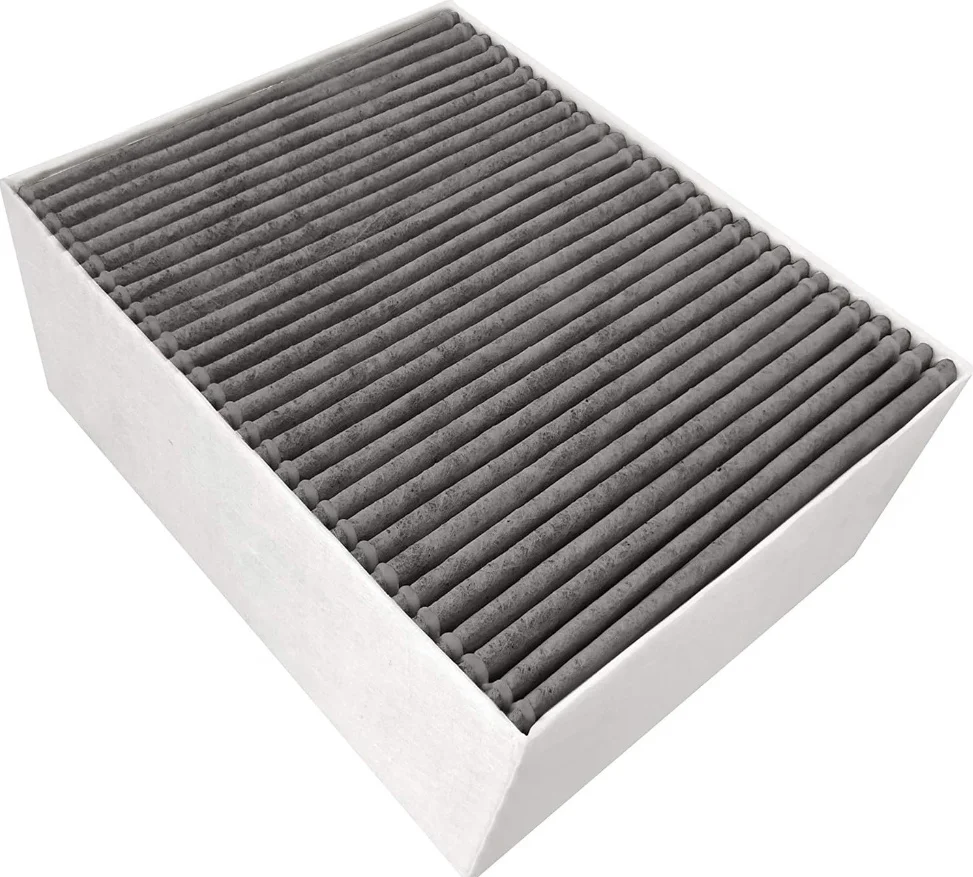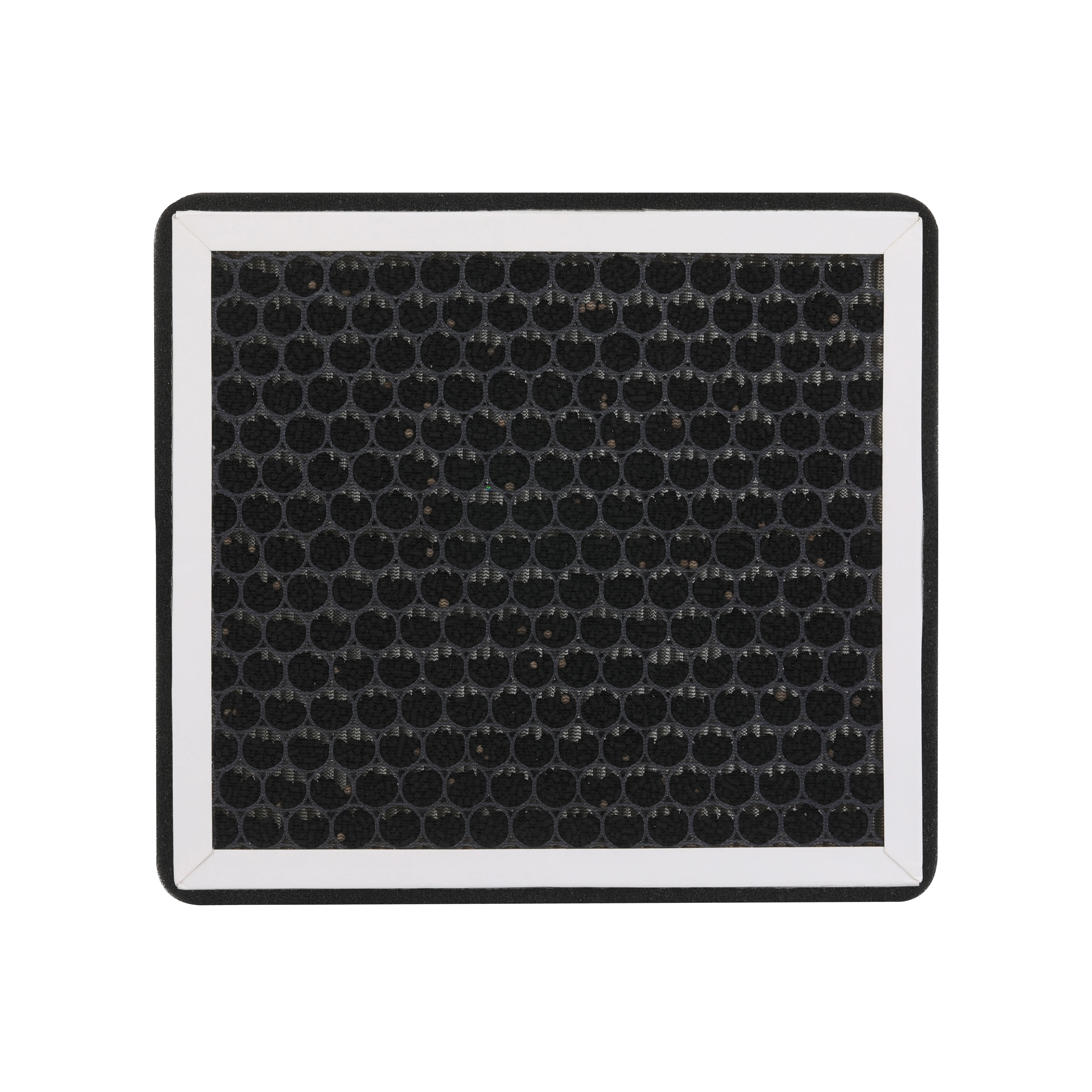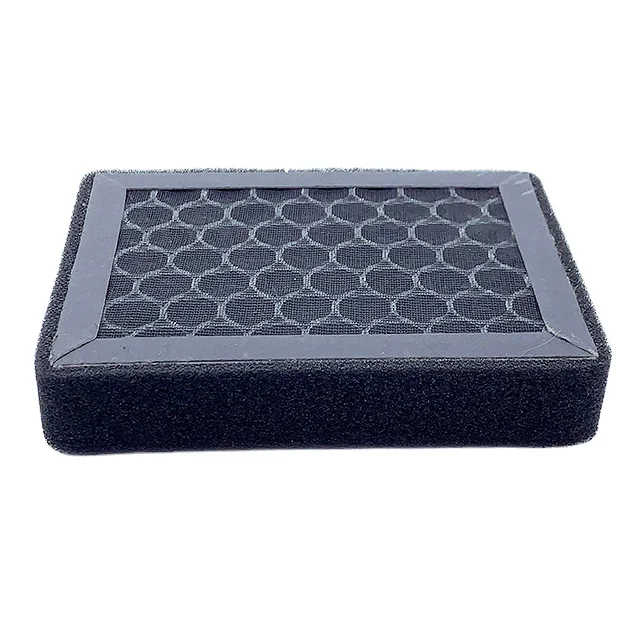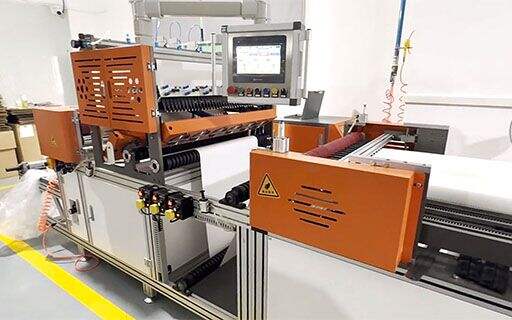Enhancing Indoor Air Quality with Activated Carbon HVAC Filters
People nowadays care more about the air they breathe while indoors, and this makes activated carbon HVAC filters a viable solution for it.
Discover about activated carbon HVAC filters
Activated carbon HVAC filters are designed to enhance air quality by eliminating pollutants, bad smells and volatile organic compounds (VOCs), which normal filters cannot eliminate. The filters house activated carbons; special types of carbons whose surface areas have been increased by reducing the interstitial volumes (pores). This attribute renders them effective at trapping pollutants.
Benefits of activated carbon HVAC filters
Deodorization: Removing unpleasant smells from the atmosphere is one of the primary advantages of these filtration systems.
Reduction of volatile organic compounds (VOCs): Common consumer products like paints, cleansers, building materials and many others contain harmful chemicals known as volatile organic compounds (VOCs). Thus when such VOCs adsorb on activated carbon media in the filter, their concentrations in the air decrease.
Allergen Control: Activated carbon HVAC filters do not perform well with particulate matter compared to HEPA filters but still reduce allergens (such as dust mites, pollen, pet dander) as well as gaseous pollutants that may be trapped.
Enhanced Air Purification: On top of all other kinds of filter including HEPA filter, using an activated carbon HVAC filter improves overall system efficiency thereby giving both gas and particle pollution treatment methods that comprise full purification process.
Function and Maintenance
Usually positioned in return air ducts within the HVAC system, where it helps clean up air before being distributed throughout a building. Therefore appropriate installation must be done and continuous maintenance should never be ignored because it will help ensure optimal performance from this kind of filter.
Here are some key points to consider:
Installation: To avoid leakage due to bypassing airflow around its edges , correctly position a given filter within the system . A tightly fitting seal is therefore necessary for this to work and filter to reach its maximum filtration efficiency.
Replacement: Activated carbon filters should be occasionally replaced so that they continue functioning as required. The replacement frequency varies depending on factors like air quality and usage, but each filter model comes with a recommendation given by the manufacturer.
Complementary Use: It is advisable to use activated carbon filters together with other types of filters such as HEPA in order to develop a multi-layered defense against a wide range of airborne particles.
Future Outlook
In response to increasing indoor air quality awareness, there will be more demand for advanced filters such as activated carbon HVAC filters. In turn, improvements in the effectiveness and affordability of future innovations are expected. Furthermore, due to new regulations regarding indoor air quality, these filters may find their way into residential, commercial and industrial sectors.
Activated carbon HVAC filters can accordingly remove odors, VOCs and allergens making indoor air much cleaner. Therefore installing them in heating ventilation and air conditioning systems is an efficient way of ensuring healthy living or working conditions.
Recommended Products
Hot News
-
What You Need to Know About AIRCARE Humidifier Filters
2024-01-24
-
Filtration Show 2023 USA
2023-12-13
-
Filtech 2024 Germany
2023-12-13
-
Obtain Patent Certificate
2023-12-13

